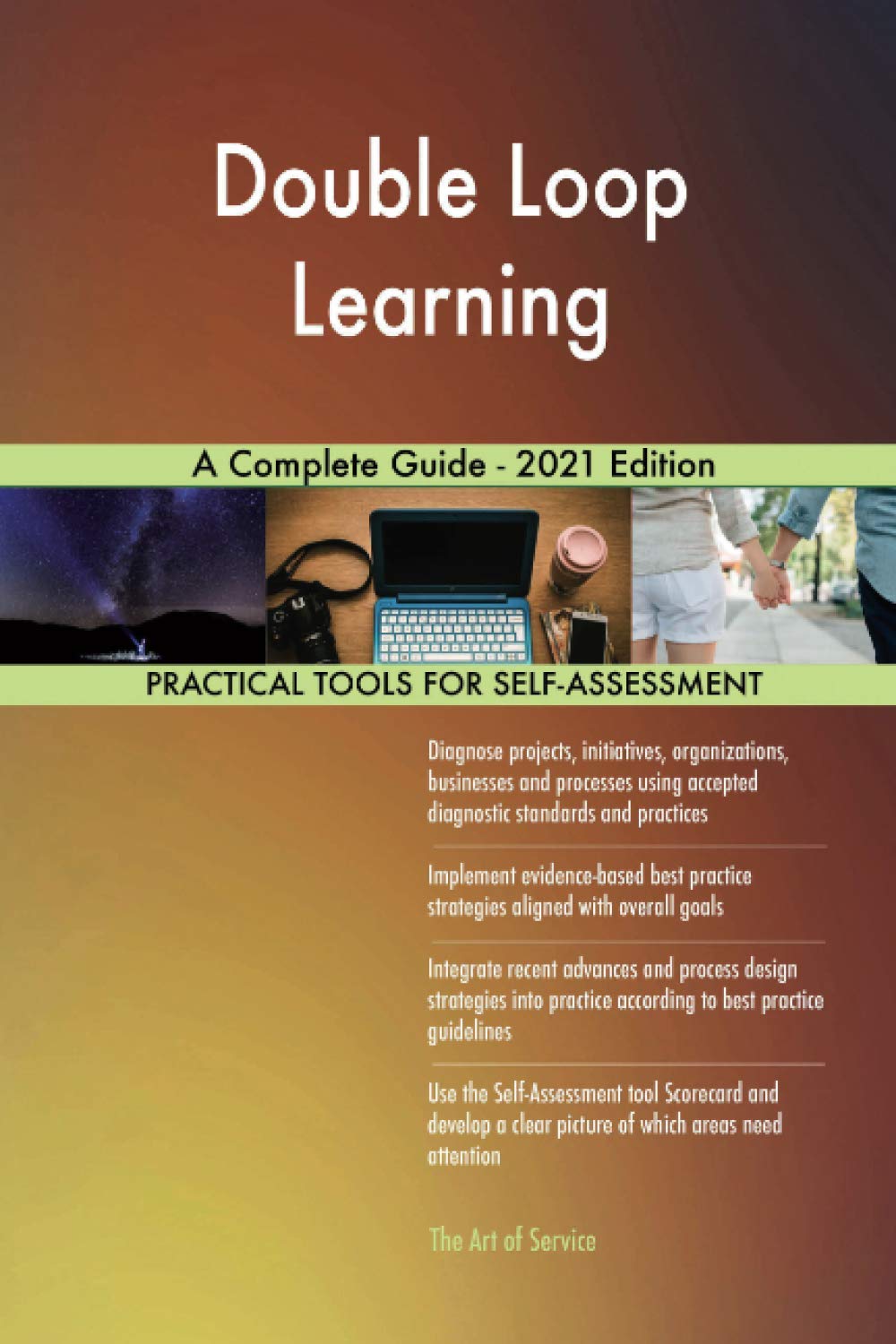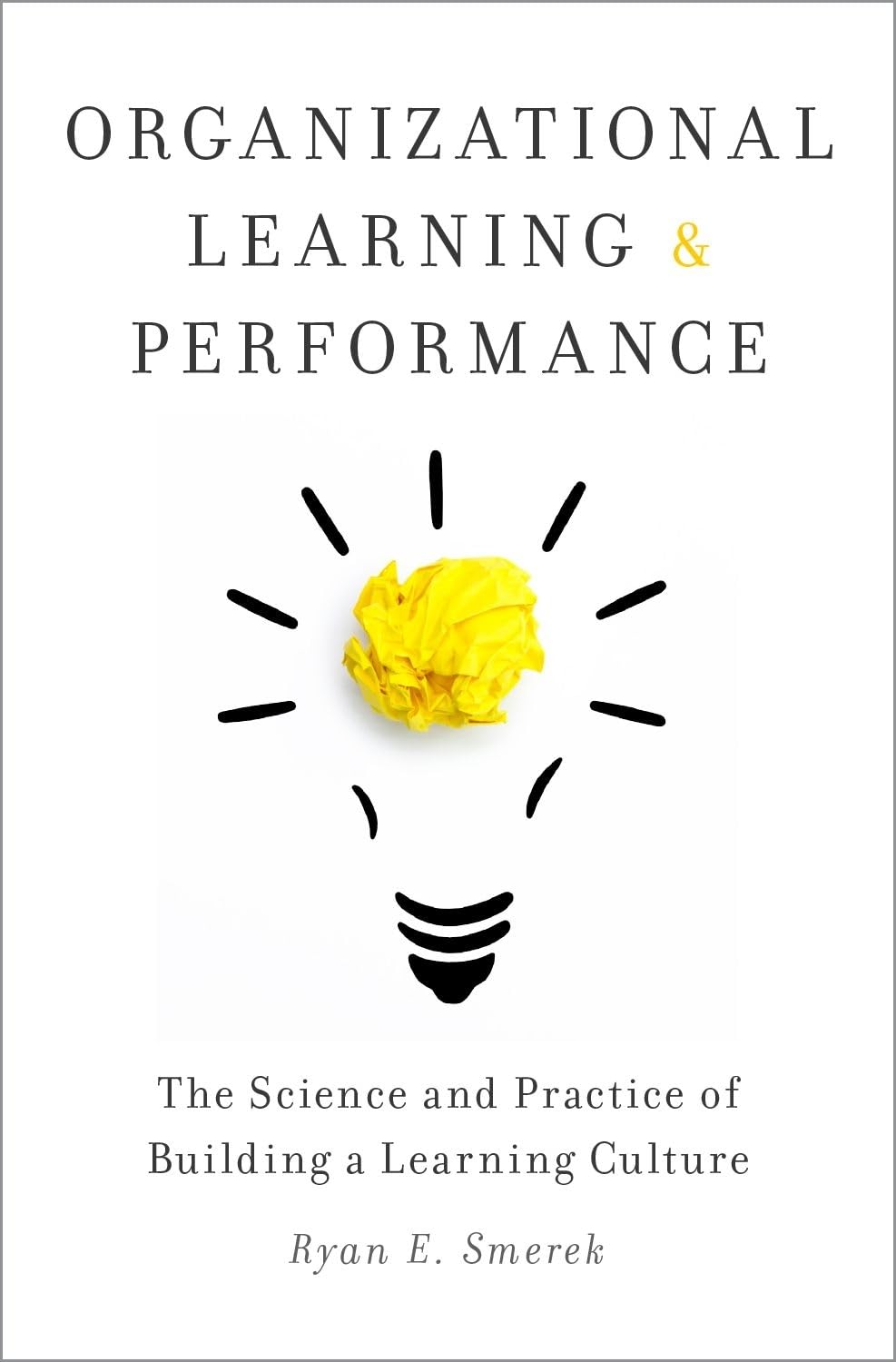
Double Loop Learning
What is Double Loop Learning?
Double loop learning is an advanced form of learning used in project management and organizational development that goes beyond simply correcting errors or adjusting actions. It involves questioning and modifying the underlying beliefs, values, and assumptions that guide decisions and behaviours. This approach encourages deeper reflection and promotes lasting improvement by challenging the status quo rather than just fixing symptoms of problems. While single loop learning asks, “Are we doing things right?”, double loop learning asks, “Are we doing the right things?”
This method allows teams and individuals to uncover the root causes of challenges and adapt their strategies accordingly. This type of learning is especially useful in dynamic or complex project environments, where the ability to learn and adapt is essential for long-term success.
Key Points
- It involves reflection not only on actions but also on the reasoning behind them.
- It helps teams become more adaptable by encouraging critical thinking and open dialogue.
- This form of learning supports continuous improvement and innovation by addressing deep-seated issues.
- It contrasts with single loop learning, which focuses on surface-level problem solving.
- Leaders are key in promoting an environment where team members feel safe to question assumptions.
Related Terms
- Single loop learning focuses on detecting and correcting errors without altering underlying assumptions.
- Organizational learning includes single and double loop processes as part of a broader learning strategy.
- Systems thinking supports double loop learning by highlighting the interconnectedness of decisions and behaviours.
- Root cause analysis complements this method by identifying the deeper origins of project challenges.
- Feedback loops are essential for single and double loop learning by providing information that guides improvements.
Double Loop Learning: Example
A project team repeatedly misses deadlines. In single loop learning, they might adjust schedules or reassign tasks. In double loop learning, they would examine deeper issues such as unrealistic expectations, poor communication norms, or flawed planning assumptions. By changing how they think about planning and collaboration, they would improve their current performance and prevent future problems.
Double Loop Learning: Best Practices
- Foster a culture that values open communication and critical self-reflection.
- Encourage team members to question long-standing practices and assumptions.
- Project teams can use structured methods like retrospectives and after-action reviews to explore the underlying causes of issues.
- Provide leadership training focused on inquiry and adaptive thinking.
- Document lessons learned to inform future decision-making and promote organizational growth.
Additional Resources
Preparing for a PMI certification?
- Exam Prep Courses: PMP®, CAPM®, and PMI-ACP®
- Exam Simulators: PMP®, CAPM®, PMI-ACP®, PMI-PBA®, PMI-RMP®, PMI-SP®, PgMP®, and PfMP®
- Professional Development Units (PDUs): 15, 30, and 60 PDU Bundles




